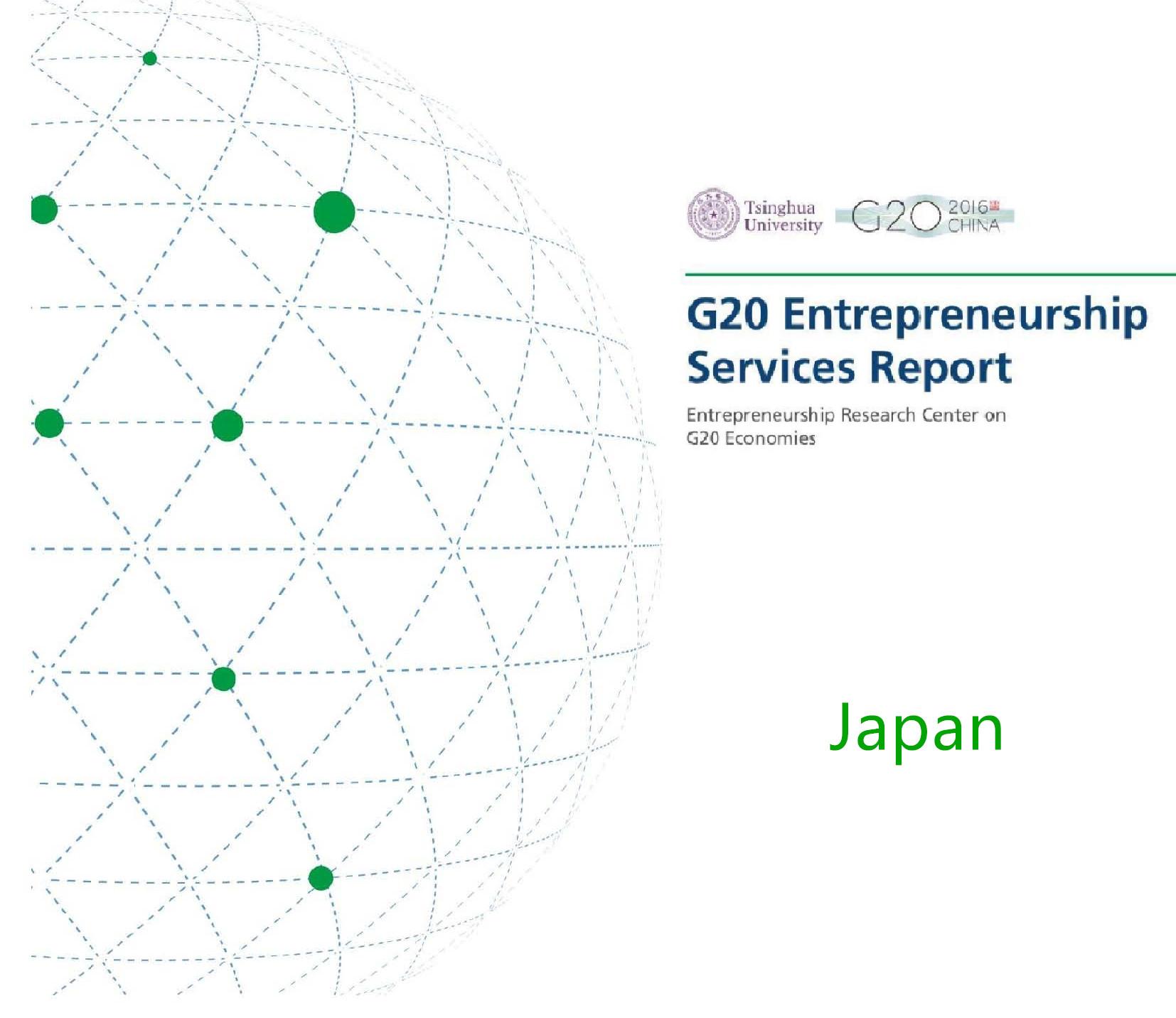
Summary
According to the 2017 White Paper on Small and Medium Enterprises of the Ministry of Economy, Trade and Industry (METI), from 2009 to 2014, the number of small and medium-sized enterprises (SMEs) decreased from 4.211 million to 3.8 million, of which the number of small enterprises decreased by 12.1%, while the number of medium-sized enterprises increased by 9.9%. The Act on Strengthening the Management of SMEs provides the policy framework to improve SMEs’ productivity. The Industrial Competitiveness Enhancement Act formulated under the Japan Revitalization Strategy (2013) sets out the goal of improving the competitiveness of Japanese start-ups. The Small and Medium Enterprise Agency of METI provides guidance and support for SMEs. Organizations such as SME Support Japan (SMRJ) and Japan Finance Corporate (JFC) are responsible for formulating policies, implementing policies, and providing consulting and financing support for SMEs.
The Japanese government provides subsidies for SMEs, especially those using local industrial resources. The Japanese government allocated 46 billion yen (equivalent to 407 million US dollars) to subsidize economic entities such as SMEs in the fiscal year 2017. Tax cut and preferential policies have also been provided for SMEs. The 2016 Tax Reform Outline stipulated policies such as reducing tax rates, providing tax credits for employees’ wages, and tax preferential policy for the depreciation of fixed assets. The Japanese government also provides loans and guarantees for SMEs and micro businesses through JFC. For SMEs affected by natural disasters, the Japanese government has set up special loan projects as well as a credit guarantee system. Venture capital, together with the Angel Tax System and the Japan Association of Securities Dealers Automated Quotation (JASDAQ), also provides financing channels for SMEs.
The Japanese government highlights the importance of transferring R&D achievements from public research institutions to private sectors. Following the Small Business Innovation Research (SBIR) model in the US, Japan’s SBIR has been formulated to promote the innovation of SMEs. In addition, the Japanese government supports the market development of start-ups and SMEs through government procurement, with an emphasis on promoting the fair trade between subcontracting enterprises and subcontractors. The Basic Policies for Future-Oriented Trade Practices were issued in September 2016. Based on these policies, the execution standard of the Act against Delay in Payment of Subcontracting Proceed was revised in December 2016 and the Subcontract G-men Door-to-Door Investigation began in January 2017. The Japanese government also promoted this work by other means, such as inter-ministerial liaison meetings and investigation interviews. In May 2016, the Strategy to Boost Export Power of Agriculture, Forestry and Fisheries was formulated, which would bring huge overseas market opportunities for SMEs.
SMRJ provides entrepreneurial services and support for entrepreneurs through incubators nationwide. It also provides online services including J-GoodTech and CEO Network Enhancing Project to help SMEs expand domestic and overseas markets and establish business networks.
The Startup School Accreditation Scheme began in fiscal year 2017 to provide services for start-up schools that meet Japanese government’s accreditation standards. Since 2017, Japan has launched a number of entrepreneurship training campaigns for young people and women, such as the Global Tech EDGE NEXT program and the Tokyo Women’s Entrepreneurship Acceleration Program. JFC organizes the High School Student Business Plan Grand Prix every year to improve high school students’ entrepreneurial ability. International cooperation is a key feature of Japanese entrepreneurship education. The Consortium for Next-Generation Entrepreneurship Education led by Waseda University was established in 2017.